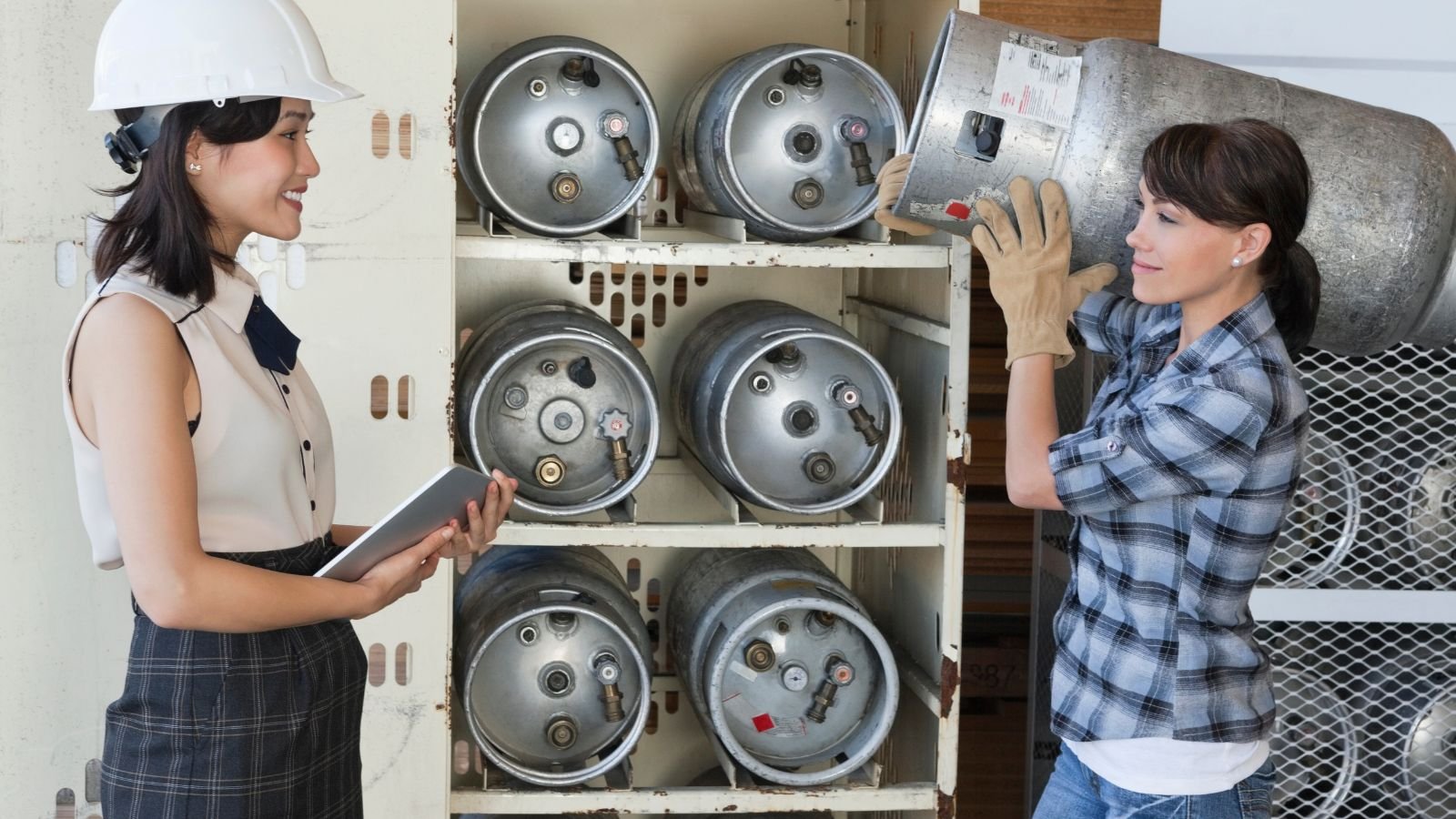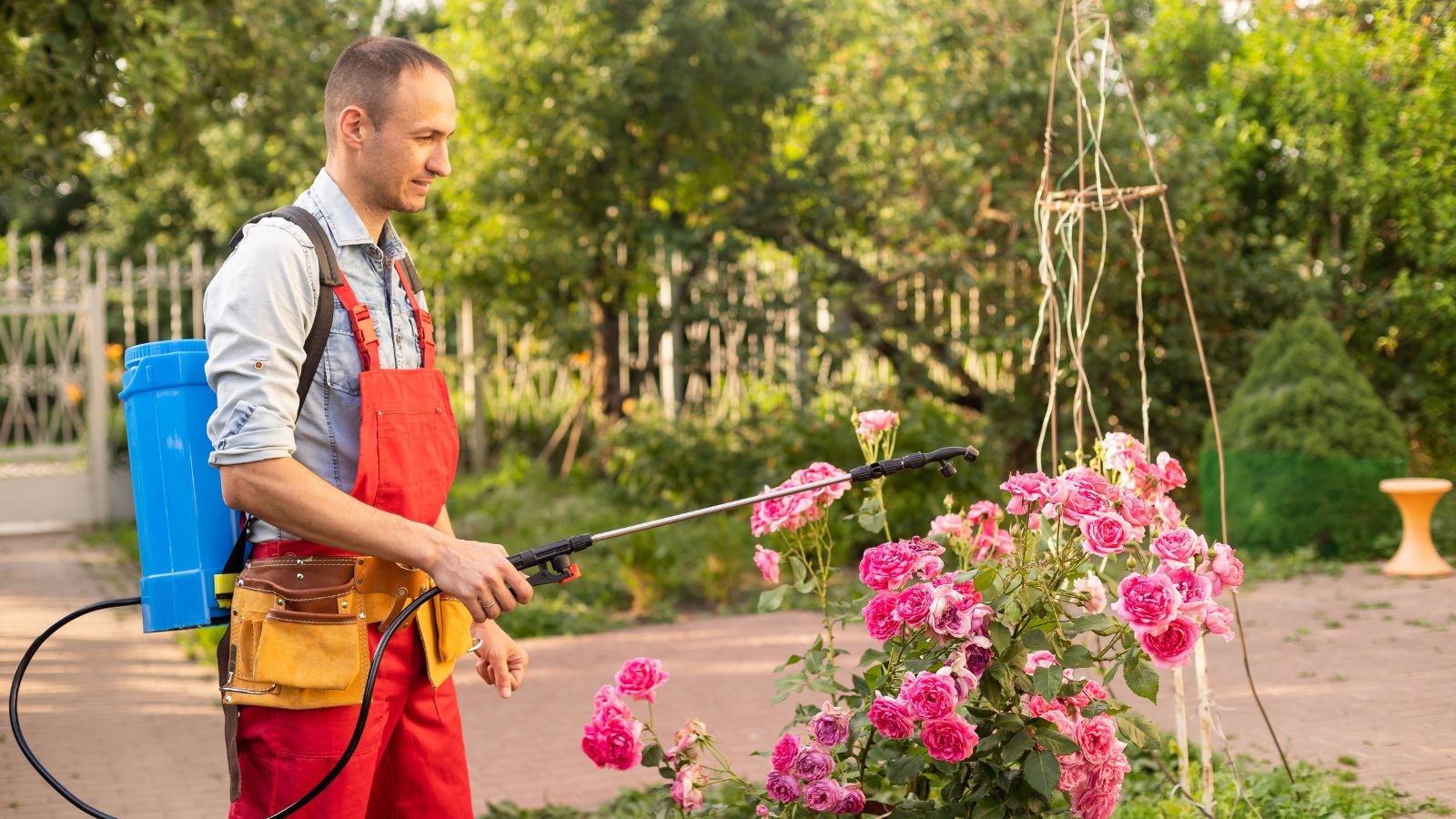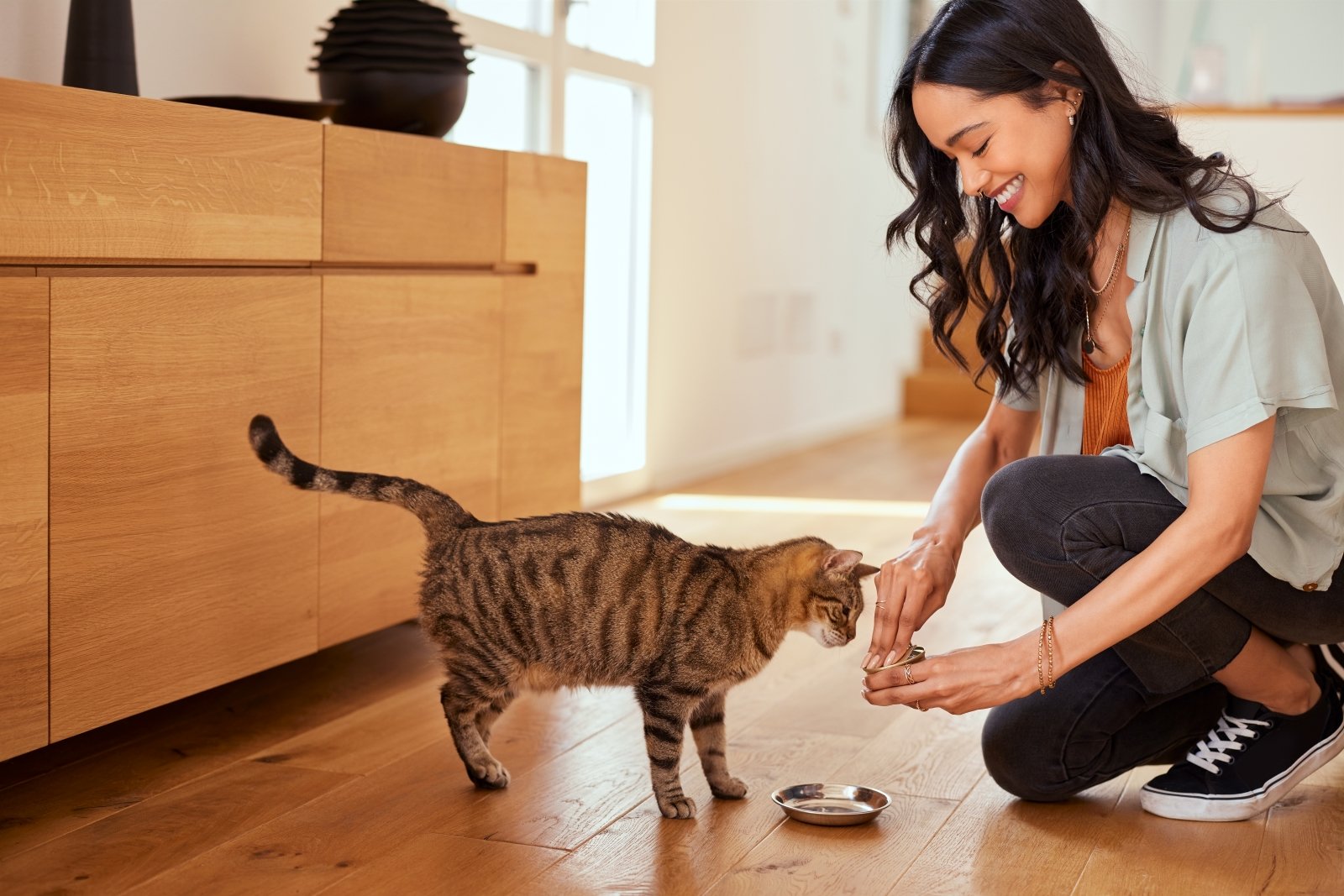Apart from parking cars, people often use the garage as their store room for things they seldom need. In a 2022 survey, around 36% of Americans complained about their cluttered garage space. They said this clutter has made it impossible for them to park their cars in the garage.
While it might be tempting to use this accessible space to store a variety of household items, certain things are susceptible to damage due to the typical conditions found in garages.
From important documents to fine wine, the environment in a garage can be detrimental to many items. Let us explore the common things that you should never leave in your garage to prevent damage and ensure their longevity.
Important Documents

Crucial documents, such as house ownership, insurance policies, ID proofs or others, should never be stored in the garage. These items are particularly sensitive to environmental conditions and can be easily damaged by moisture and humidity typically found in garage spaces. Not only that, without proper protection, these documents can also attract pests within the garage space. Consider using digital backups to protect your important documents from any physical damage.
Books

Paper is undoubtedly prone to mold when stored in unfavorable conditions. Your garage environment cannot resist outside temperatures like your indoor space. Therefore, it is better to avoid storing books in garages, especially during wet or hot weather. Place a hygrometer to know when to move books from the garage to your indoor basement. Using it, you can measure the humidity level in your garage and make decisions accordingly.
Artworks

Artworks aren’t ideal for you to store in a garage, mostly because of the concrete floor. You cannot place them on the floor directly as they will then absorb the dampness of concrete. Moreover, not every garage space is ideal to repel moisture during the monsoon months. Your art storage requires complete dryness around the storage area to protect the colors and canvas. If your garage can’t ensure that, it’s better not to risk your art pieces.
Wine

Most Americans love to enjoy wine in the comfort of their homes, but they probably face problems with storage. Some people buy wine for consumption, while many Americans prefer collecting them. To ensure wine reaps the benefit of aging, it is important you store it in a perfect space with environmental suitability. A garage space is definitely not an option, as the warmer environment could ruin the wine. Apart from that, vibrations and light exposure can also degrade your wine’s quality. For optimal aging of your wine, explore wine cellar options or specialized wine refrigerators that maintain the ideal temperature and humidity.
Propane Tanks

Experts always recommend storing propane tanks outdoors and in areas with optimal ventilation. Storing such tanks in garage spaces is strictly discouraged. If the tank’s valve leaks, the vapors can concentrate on the indoor space, making it hazardous. You should pick an area away from direct sunlight to safely store propane tanks. Additionally, ensure they are standing upright to prevent leaks. Storing these tanks in the garage can be safe only if it is 100% empty.
Outdated Computers

Even though the computers are old, they should still not end up in your garage space. Moisture due to humidity can trigger the circuit board of your computer to short and create sparks.
Thus, your electronics will be damaged, and for worse, the computers can start a fire. Not only that, damaged or short-circuited computers can also pose a risk of electrocution in your garage space. They can even be breeding grounds for insects and pests, making the space unhygienic.
Recycle or dispose of outdated electronics through certified e-waste management services to prevent environmental harm and potential hazards in your home.
Carpets or Rugs

The concrete floors of your garage will give rise to moisture, which is the major damaging factor for rugs or carpets. Apart from that, fluctuating temperatures and immense dirt also contribute to damage to the rugs. Such factors collectively create a perfect environment for pest infestation. Some pests, such as carpet beetles, feed on the keratin of the natural rug or carpet fibers such as leather, wool, or silk. They might create holes and cause irreversible damage to the rugs.
Keep your valuable rugs and carpets in an interior closet with moisture-absorbing products to protect them from humidity.
Photographs

Most garages in the US are not temperature or climate-controlled. Thus, such spaces witness immense temperature fluctuations all year. Photographs, being sensitive to temperature changes, won’t last longer if you store them in your garage. The heat rise will age your photographs faster, destroying the color layers. On the other hand, colder temperatures will make the photographs more brittle. Furthermore, the humid environment of your garage can encourage the growth of fungus or mold, causing severe damage to the photos.
Pesticides

Pesticides shouldn’t end up in your garage after your gardening chores. This is because they can leak out and pose a health hazard for both pets and humans. Pesticides need storage at an optimal temperature range between 40 degrees and 90 degrees Fahrenheit.
You can’t control the temperature fluctuations of your garage space unless you make high-end investments. Store pesticides in locked cabinets within a well-ventilated utility shed or area, following manufacturer guidelines to ensure they are kept at safe temperatures.
Pet Food

For most American families, a garage seems like a great place to store pet food, but that’s not right. Temperature fluctuations in the garage space, especially during summer, can spoil the food. High temperatures will start degrading the vitamins of the pet food, making it non-consumable for your fur babies. Store pet food in airtight containers within a cool, dry pantry inside your house. This will help retain their freshness and prevent spoilage due to temperature fluctuations.
Perishable food items:

Storing perishable food items in your garage exposes them to temperature fluctuations and pests, leading to spoilage and potential foodborne illness. It’s best to store food in a climate-controlled area like the kitchen to maintain freshness and safety.
Valuable or Sentimental Items

Your garage is more susceptible to theft, pests, and environmental damage than indoor spaces. Avoid storing valuable or sentimental items such as family heirlooms, jewelry, or important documents in the garage to minimize the risk of loss or damage.
Paint and other flammable materials:

Flammable materials like paint, gasoline, and propane should be stored in a well-ventilated area away from heat sources to reduce the risk of fire or explosion. Storing them in the garage can pose a serious safety hazard, so it’s best to find a safer storage location.
Medications and pharmaceuticals:

Fluctuating temperatures and humidity levels in the garage can compromise the effectiveness and safety of medications and pharmaceuticals. To prevent potential harm or deterioration, store medications in a cool, dry place inside your home, away from direct sunlight and moisture.
Firewood:

Storing firewood in the garage can attract pests like termites, ants, and rodents, increasing the risk of infestation and damage to your home. It can also introduce moisture and mold into the garage environment. Store firewood outdoors in a dry, elevated location away from your home to prevent pest problems and maintain good air quality in your garage
